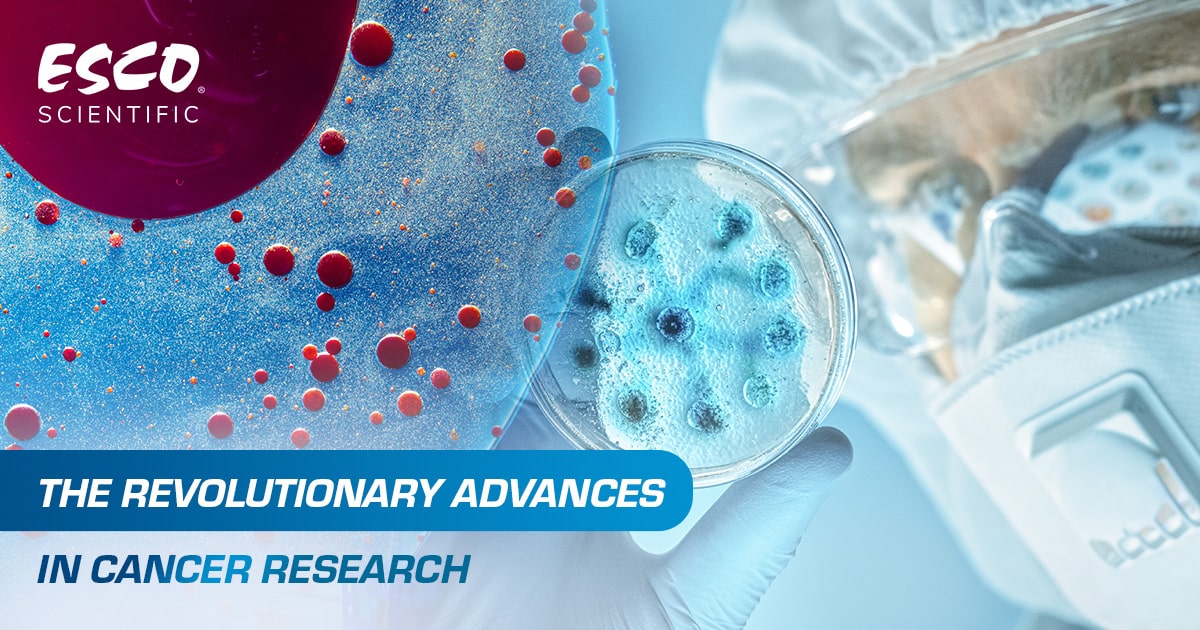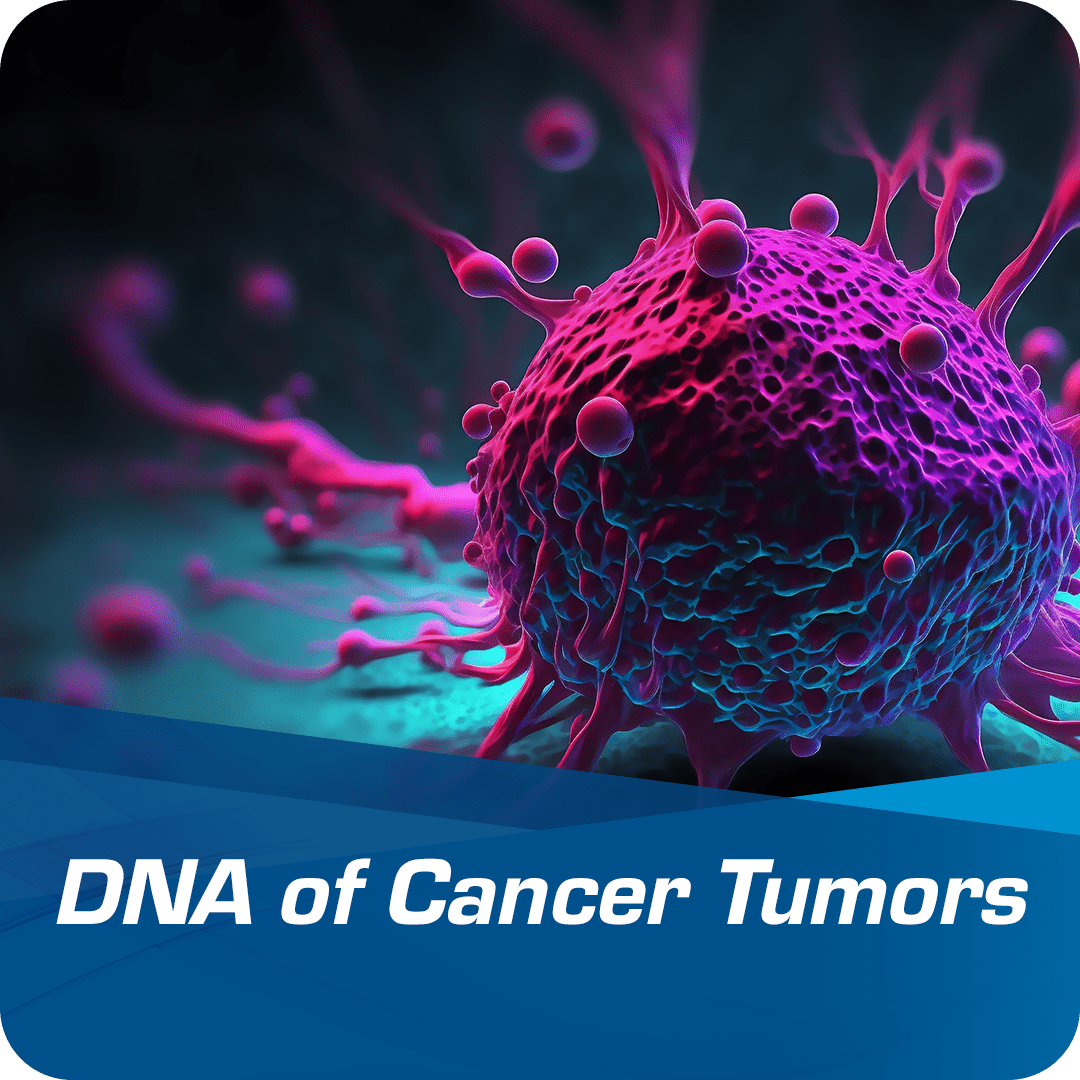
Introduction
The technology of this generation is full of exciting advances. New energy sources have been created, men have walked the moon, and numerous diseases have been treated. But one thing remains a riddle to many scientists—Cancer. Curing cancer is like a plague that is far from over. The disease that affects millions of people worldwide, and its prevalence continues to rise each year.
While advancements in cancer research have led to better treatments, early detection, and improved survival rates, there is still a long way to go in developing a cure. However, in 2023, several breakthroughs in cancer research have been made, which could pave the way for new treatments and improved patient outcomes. This article will discuss some of the most significant breakthroughs in cancer research this year.
Can Cancer Be Cured?
The question of whether cancer can be cured is a complicated one, as the answer can vary depending on the type and stage of cancer. Asking why cancer has not been cured yet is like oversimplifying a multifaceted issue. It is important to note that cancer treatment can be a complex and lengthy process, and not all patients respond to treatment in the same way. For some patients, cancer may come back or spread to other parts of the body after treatment, which is known as a recurrence. In some cases, cancer may also be diagnosed at a late stage, which can make it more difficult to treat.
Despite these challenges, it is important to remain optimistic about the future of cancer treatment. Scientists and healthcare professionals around the world are dedicated to finding new and more effective treatments for cancer, and there is a growing body of research that is focused on early detection and prevention.
New Advances in Detection and Treatment
While it may not be accurate to say that cancer can be cured in all cases, it is important to note that significant progress has been made in the field of cancer research and treatment. With advances in precision medicine, immunotherapy, and targeted therapies, many types of cancer are now more treatable than ever before.
Precision Oncology is a type of cancer therapy that involves identifying specific genetic mutations or alterations in a patient's tumor and targeting those mutations with personalized treatments. The goal of precision oncology is to develop more effective and personalized cancer treatments that are tailored to the unique genetic profile of each patient's tumor. Recent advancements in precision oncology include the use of liquid biopsies to monitor tumor progression and the development of targeted therapies for rare genetic mutations.

Engineering Controls:



These cabinets provide a sterile and controlled environment for handling patient samples and working with potentially hazardous chemicals and biological materials.


The PCR cabinet and CO2 incubator can be used for DNA sequencing and cell culture that are critical components of precision oncology research.
Artificial Intelligence (AI) is a rapidly developing technology that is revolutionizing cancer research and treatment. AI algorithms can analyze large amounts of data from patient records, imaging studies, and genetic sequencing to identify patterns and predict patient outcomes. AI is also being used to develop more precise and personalized cancer treatments by identifying drug targets and predicting drug response. Recent advancements in AI include the development of deep learning algorithms that can analyze complex data sets and the use of AI to identify new drug candidates.

Engineering Controls:

The BSC is an essential tool in AI research for handling large volumes of biological samples.

The CO2 incubator provides a controlled environment and is used for cell culture which generates data for AI analysis.
The DNA of Cancer Tumors is being increasingly used to develop new cancer therapies. Advances in DNA sequencing technologies have enabled researchers to identify genetic mutations and alterations in cancer cells, providing new targets for cancer therapy. Recent advancements include the use of CRISPR gene editing to modify cancer cells, the development of gene therapies that target specific genetic mutations, and the use of DNA sequencing to monitor tumor progression and drug response.

Engineering Controls:

The PCR cabinet is a genomic workstation which is particularly useful when working with DNA samples from cancer tumors, ensuring contamination-free handling and maintaining sample integrity.
Liquid and Synthetic Biopsies are non-invasive tests that are used to detect cancer biomarkers in blood or other bodily fluids. Liquid biopsies can provide early detection of cancer, monitor tumor progression, and detect drug resistance. Synthetic biopsies involve the use of synthetic DNA molecules that mimic cancer cells, enabling researchers to test the efficacy of cancer treatments in vitro. Recent advancements include the use of liquid biopsies to detect cancer recurrence and the development of synthetic biopsies for personalized drug screening.

Engineering Controls:

The BSC provides a controlled and sterile environment for handling liquid biopsy samples. These cabinets ensure sample integrity and minimize the risk of contamination during sample preparation and processing.
CAR-T Cell Therapy is a type of immunotherapy that involves modifying a patient's T cells to recognize and attack cancer cells. The patient's T cells are genetically engineered to express chimeric antigen receptors (CARs) that target specific proteins on the surface of cancer cells. CAR-T cell therapy has been successful in treating certain types of blood cancers, and recent advancements include the development of CAR-T cells for solid tumors and the use of gene editing to improve CAR-T cell therapy.

Engineering Controls:

The BSC offers a controlled and sterile environment for handling CAR-T cells. These cabinets ensure the safety of researchers and maintain the integrity of the cells during culture and manipulation.

The CO2 incubator provides a controlled environment for CAR-T cell culture and expansion. These incubators maintain precise temperature, humidity, and CO2 levels necessary for optimal cell growth and viability.
Pancreatic Cancer is one of the deadliest forms of cancer, and current treatment options are limited. Recent advancements in fighting pancreatic cancer include the development of targeted therapies that target specific genetic mutations, the use of immunotherapy to boost the immune system's response to cancer cells, and the use of nanoparticle-based drug delivery systems to improve the efficacy of chemotherapy. Additionally, advances in pancreatic cancer research are leading to the development of earlier detection methods and personalized treatments based on a patient's unique genetic profile.

Engineering Controls:

The BSC provides a controlled and sterile environment for handling pancreatic cancer cells and biological samples.

The CO2 incubator provides a controlled environment for pancreatic cancer cell culture.
In conclusion, these cancer therapies and advancements are critical to the development of new and effective cancer treatments. Precision oncology, AI, DNA sequencing, liquid and synthetic biopsies, CAR-T cell therapy, and advancements in fighting pancreatic cancer are all revolutionary in the fight against cancer. As research in these areas continues to evolve, we can expect to see even more innovative cancer therapies and improved health.
Why Life Science Tools Are Essential
The future of cancer research will continue to depend on the development and application of life science tools. As cancer research continues to evolve, new technologies will be required to identify new therapeutic targets and develop more effective therapies. The development of new technologies, such as single-cell sequencing, organoids, and CRISPR gene editing, will enable researchers to study cancer biology at a higher resolution and with greater precision, opening new avenues for developing personalized cancer treatments.
Esco Lifesciences is at the forefront of cancer research for continued efforts to fight cancer. Life science tools provide the foundation upon which cancer research and innovation thrive. Biosafety cabinets, laminar flow cabinets, fume hoods, PCR cabinets, and CO2 incubators create controlled environments necessary for the safe handling of biological samples, chemicals, and genetic material. These tools ensure the integrity of research and minimize contamination risks, facilitating accurate experimentation and analysis.
As we look toward the future, the significance of life science tools in cancer research will only intensify. The accurate and reliable output from these tools will fuel AI-driven insights, enabling researchers to identify patterns, predict treatment responses, and develop novel therapeutic approaches. By equipping scientists and researchers with the vital products, we are accelerating progress and moving closer to a future where cancer is not just manageable but ultimately curable.
Read More: Cancer Research Solutions, Future Trends in Biotechnology, HEPA vs. ULPA Filters
Contact us for 1 week delivery from our large stock:
Esco Technologies, Inc.
Scientific Division
903 Sheehy Drive, Suite F, Horsham, PA 19044, USA
Toll-Free USA and Canada: 1-877-479-3726
215-441-9661
484-698-7757
eti.admin@escolifesciences.com







